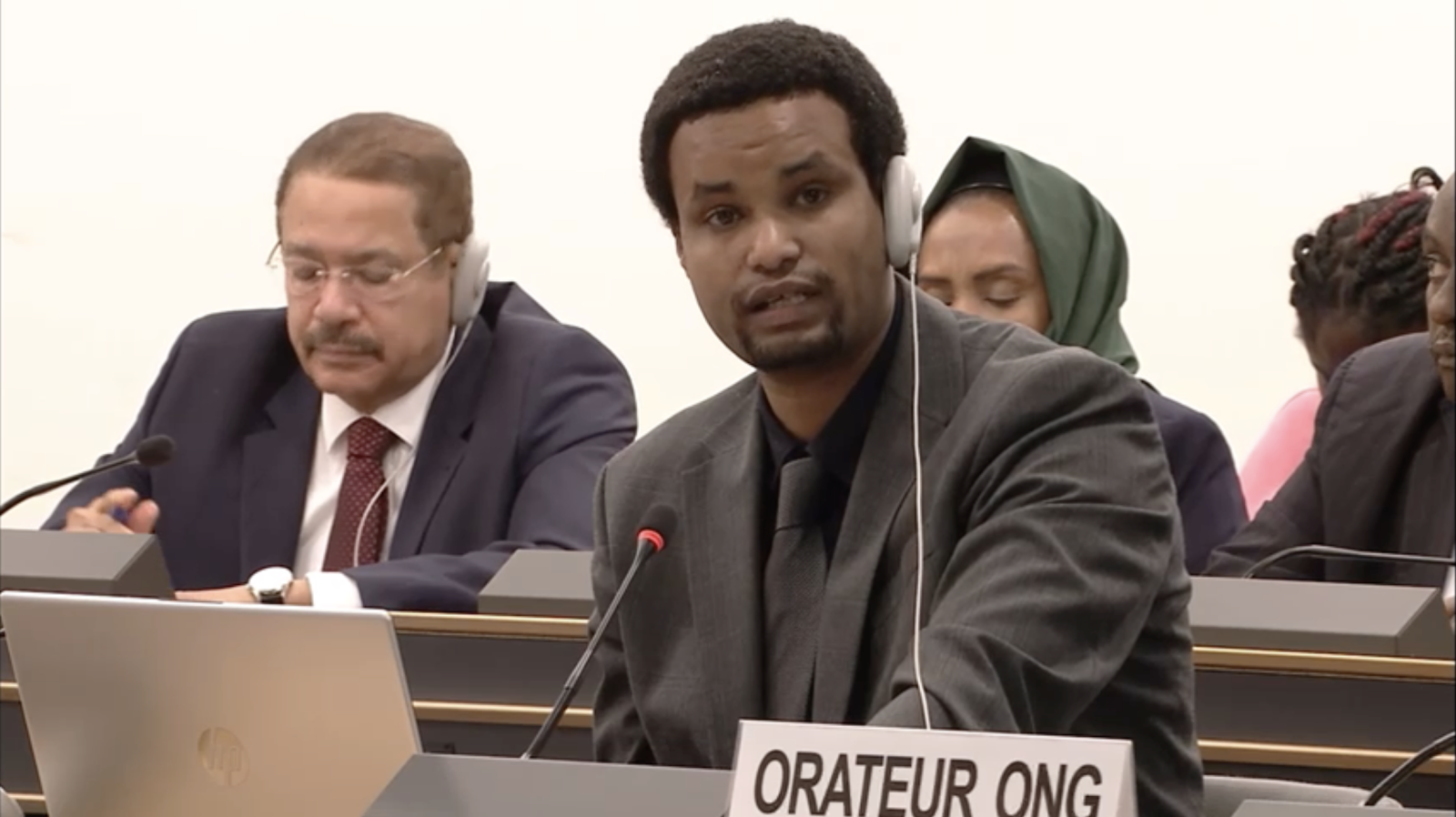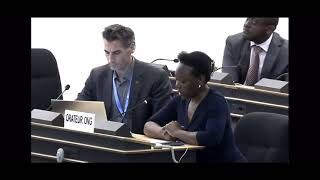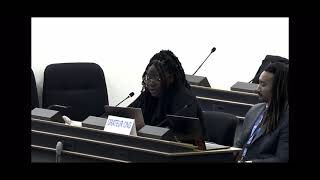Agenda Item 3: Promotion and protection of all human rights, civil, political, economic, social and cultural right
General Debate
Statement by: International Organization for the Elimination of All Forms of Racial Discrimination (EAFORD) and Geneva International Centre for Justice (GICJ)
1 July 2019
Thank you, Madam Vice-President.
We would like to draw the Council’s attention to the human rights impacts of climate change, specifically the need for gender sensitive responses. Women are more dependent for their livelihood on natural resources that are threatened by climate change and face unequal access to decision-making processes that address climate issues. This is in addition to being more vulnerable to discrimination due to pre-existing gender roles and patriarchal stereotypes.
Intersectional forms of discrimination can also lead to gender-differentiated impacts of climate change concerning health, food security, and decent work. Such practice can exclude women from climate action, inhibiting the effectiveness of this action and worsening climate harms.
So, how can measures to tackle climate change be effective if half the world’s population has no voice or presence in discussing and developing the legal frameworks of mitigation and adaptation? Women can lead climate action and they need to be better represented in climate decision-making in all respects.
In conclusion, EAFORD and Geneva International Centre for Justice call upon the States to strengthen gender mainstreaming in climate change response activities, focusing on sustainable and equitable development, adaptation and mitigation, with a strong commitment to empowering women to build their own resilience.
Thank you.
Justice, Human rights, Geneva, geneva4justice, GICJ, Geneva International Centre For Justice








